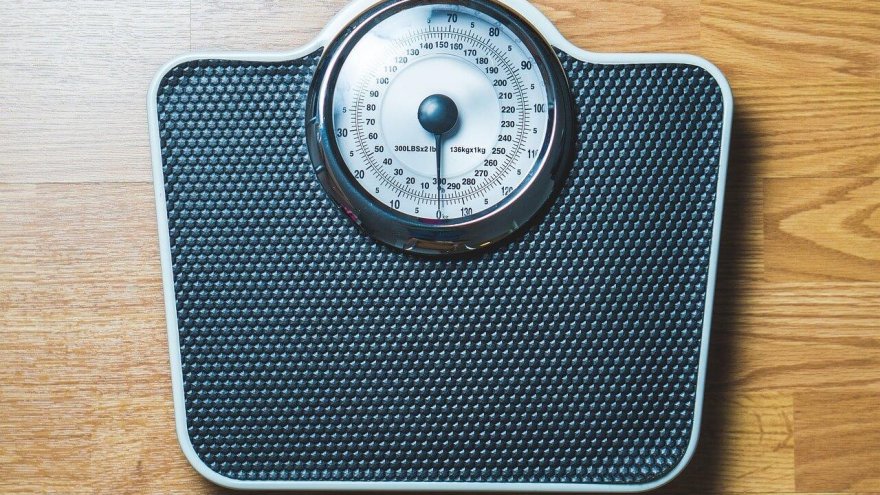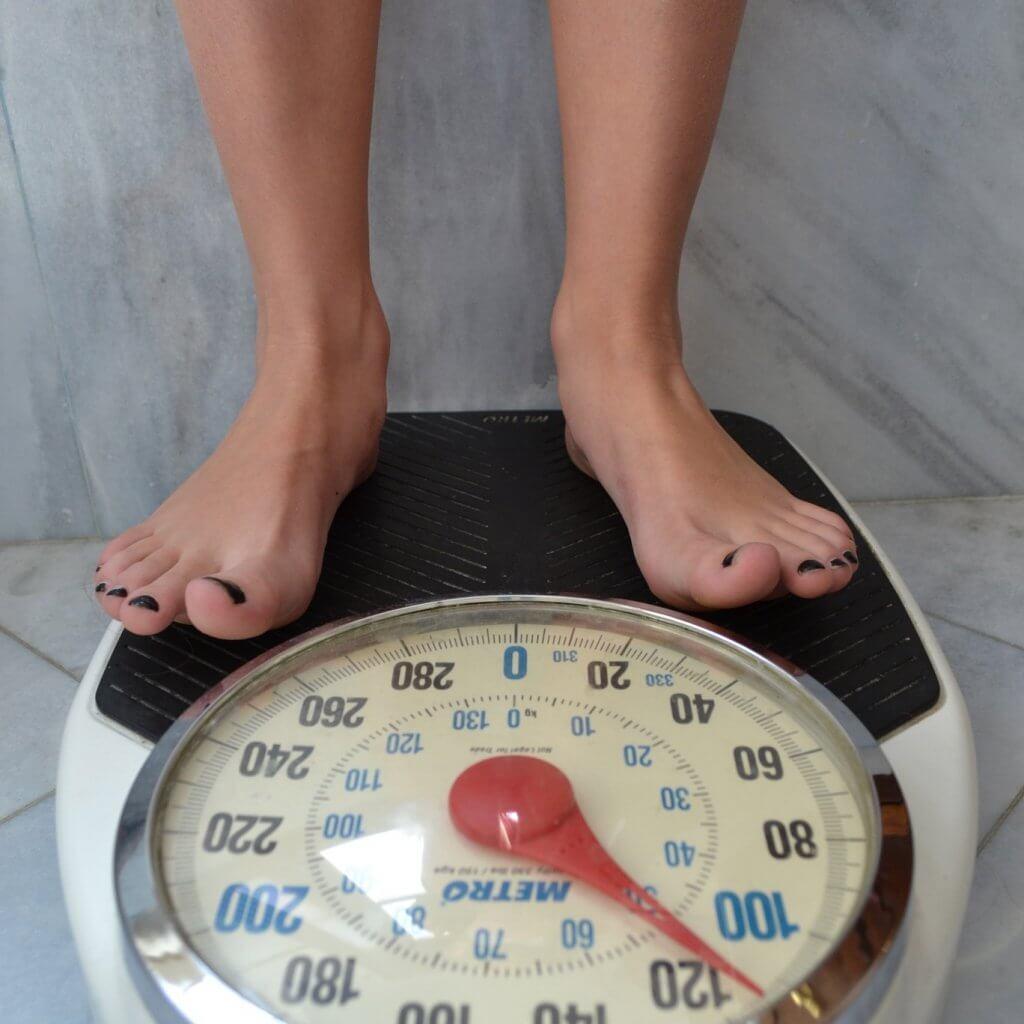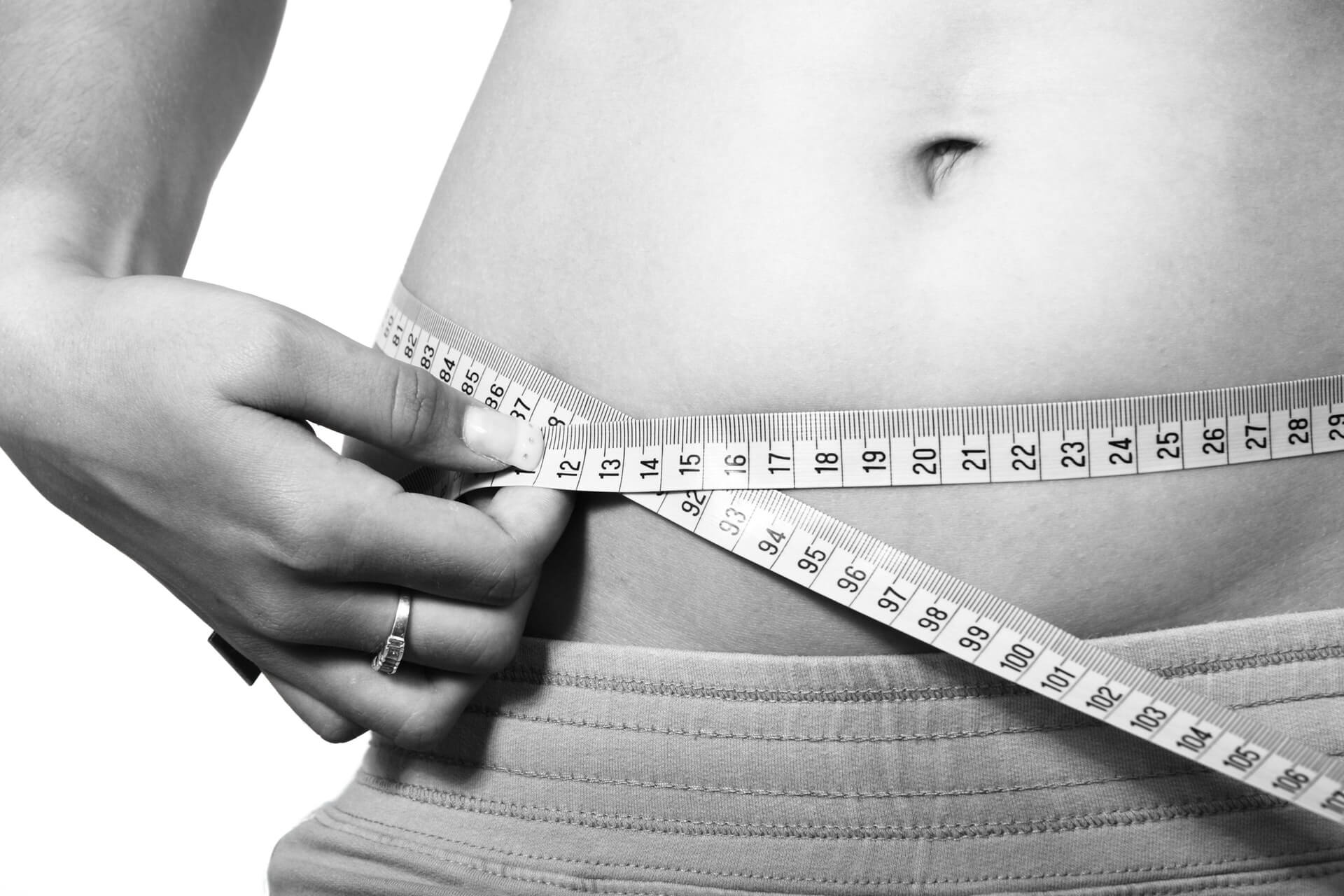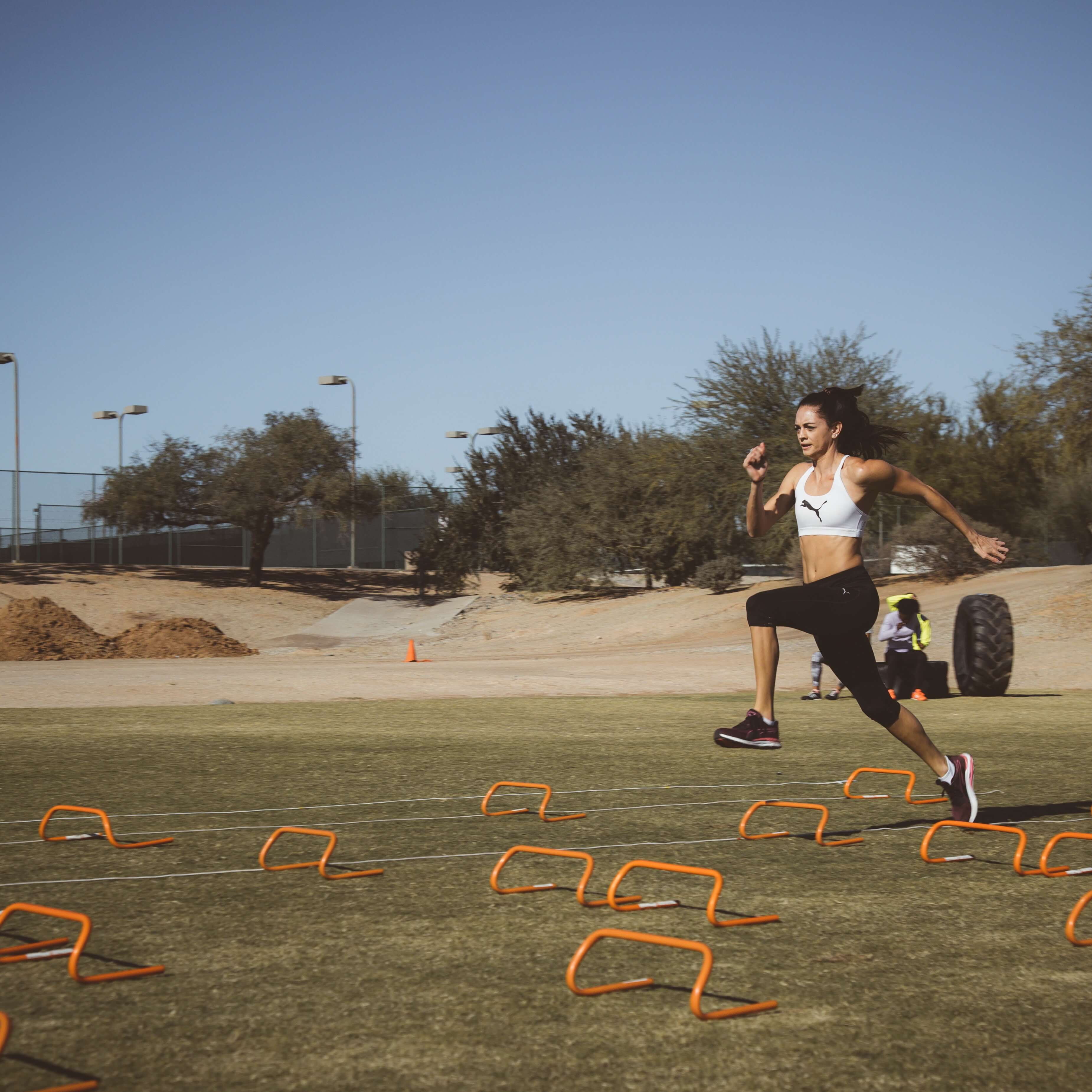Is There Such a Thing as an Ideal Race Weight?

There’s a lot of talk among professionals, elites, and even everyday runners about the ideal racing weight, meaning your body’s preferred weight at which it can run and perform in races the fastest. Most athletes understand the general concept around this theory: for the most part, coaches, other runners, and the running (and diet) industry tell us that lighter bodies are faster because the less weight there is to propel forward, the easier it will be to run faster. That makes sense, right? However, this absolutely does not mean that the more and more weight you lose, the faster you will be.
The body hits a plateau at some point, and being too thin and too underweight will start to negatively impact your race times. Not to mention, it will pose a BIG threat to your health. You can’t be a healthy, functioning human being if you do not have enough body weight, fat, and mass to sustain yourself. And these numbers and amounts vary from person to person, so it is very difficult to make a blanket statement that “weight x number of pounds is what you should do and be in order to run best.”

So if less is not always more, is there such thing as an ideal racing weight? This answer depends on the runner, their gender, age, body type, and genetics, and typically exists within a range. So while there probably is not one exact number you need to be at, but instead a range.
Why the Weight Range Instead of An Exact Weight?
Experts (and probably most people) agree that, to be your fastest, you probably can’t have an excess of body fat. However, the reasons why this is true might not be what you think. It is not because fat equates to slow. It should be better understood that more fat likely means more overall health problems, or deteriorating health, and THAT is what can slow you down.
For instance, higher body fat percentages might be an indicator of a slow thyroid and a higher resting heart rate. Higher resting heart rates mean that, upon engaging in activities that further increase heart rate (like running) your body will have to work even harder, and get tired out more quickly. This translates to you tuckering out on a run from fatigue far sooner than if you had a lower resting heart rate, which may first be helped by a decrease in body fat.

But some bodies that appear to be larger in body fat might actually be within a healthy range, and might perform very well on the track or trails. Like we said from the beginning, everybody is different so every ideal racing weight range will be different.
And why the range? Well, it is simple really. Our bodies are very smart. They can definitely deal with a few extra or lost pounds – so long as it doesn’t go into extreme outliers. The body is designed to adapt to changing factors, weight being one of them. So let’s just say that you gain a few pounds over the holidays or from vacation. As long as you maintained your training, got in your workouts, and continued fueling yourself with enough nutrient-dense foods and stayed hydrated, you really will not notice an impact on your race times. Your body will adjust to make room for a couple pounds here and there without sacrificing how well it can perform. You might even find that you get faster after a bit of weight and fat gain (see below).
The Problem With Focusing on One Number
Putting too much emphasis on one specific weight as your “ideal weight number” means you are homing in on a single digit, and your brain starts to believe that there is absolutely no room for change or adjustments, even over time. However, our bodies are designed to change as we age and go through different stages of life.
If we were to stick with the same race weight forever, we might find our bodies start to reject us. That is because that ideal race weight WILL change as you change. Focusing on one number makes this fact of life harder to remember, and harder to accept and subsequently incorporate into our training.
Another problem with focusing on just one number is this might be an arbitrary number that someone told you, that you calculated based on diagrams and information you found on the internet, or the weight you were that one time you PR’d so now you think it is where you always have to be to race well. The truth is that that number might not actually be where your body wants to be and what it wants to weigh. This is especially true if you find yourself easily gaining weight when you allow yourself to have a treat or two.

If you have to be overly strict, stringent, and depriving yourself of what you are craving meal after meal, then that’s your body telling you it is not where it wants to be. It probably does not have enough weight and fat to sustain the training you are putting it through. If your ideal race weight is too hard to maintain without having to make major sacrifices day in and day out, then it probably is not actually your ideal race weight.
And finally, there are numerous studies that point to how fixations on a specific weight or number can (and has) easily spiral out of control and bring on a full blown eating disorder. And that is a rabbit hole that is never, ever worth going down no matter what your race time is.
What Science Says About Weight and Running
There is certainly scientific evidence to back the belief that lighter bodies are easier to run in. Before you get down on yourself, remember what we said earlier – that for the most part, that just means bodies that do not have excessive fat to weigh down their muscles as they propel themselves over during a run. It is not a blanket statement though. Numerous studies of college athletes training and eating to hit their race weights say that, if you are trying to lose weight for race day, do so slowly, with small, incremental calorie deficits built into your diet (and by no means, eating below the caloric amount you need to maintain health and proper body functioning to support your activity). You should also be monitoring bone density, and for women, the presence (or absence, which is a huge red flag) of your menstrual cycle.
Why Gaining Weight Might Actually Make You Faster
Common among dieticians and sports nutritions is the set point theory: the belief that your body has a natural set point weight it WANTS to stay at. And will fight to do so! Most runners aim below this set point weight for their ideal race weight. While they might see temporary results, you definitely can’t stay at this underweight number for too long without getting injured. You might find if you try training and racing at your set point weight, that you actually run faster. This is because, at the set point weight, your body is functioning exactly how it wants to and can be stronger and mentally push through harder runs and race conditions than if you were underweight and depleted of the nutrients your body and brain need to run well. Gaining weight could actually help you have more fuel and energy to burn on race day.
Sources
- , How an Olympic Runner Hits Race Weight, Outside Online Article
- , Racing Weight: How Much Should You Weigh?, Competitor Running Article
- , Your Fastest Weight, Runner's World Article
Latest Articles
 Is Running on a Treadmill Easier Than Running Outside?Runners have their own preferences, whether it is treadmill running, running outside on the road, or exploring trails. So...
Is Running on a Treadmill Easier Than Running Outside?Runners have their own preferences, whether it is treadmill running, running outside on the road, or exploring trails. So... Is It OK to Use Trail Running Shoes on the Road?While trail running shoes can be used on roads, especially in situations where a runner encounters mixed terrains or pref...
Is It OK to Use Trail Running Shoes on the Road?While trail running shoes can be used on roads, especially in situations where a runner encounters mixed terrains or pref... How to Fix Sore Quads After Running?Rest, ice, gentle stretching, and over-the-counter pain relievers can help soothe sore quads after running. Also, ensure ...
How to Fix Sore Quads After Running?Rest, ice, gentle stretching, and over-the-counter pain relievers can help soothe sore quads after running. Also, ensure ... 10 Fruits With The Most Electrolytes to Replace Sports DrinksThese fruits are high in electrolytes such as potassium, magnesium, and calcium, essential for hydration, muscle function...
10 Fruits With The Most Electrolytes to Replace Sports DrinksThese fruits are high in electrolytes such as potassium, magnesium, and calcium, essential for hydration, muscle function...

